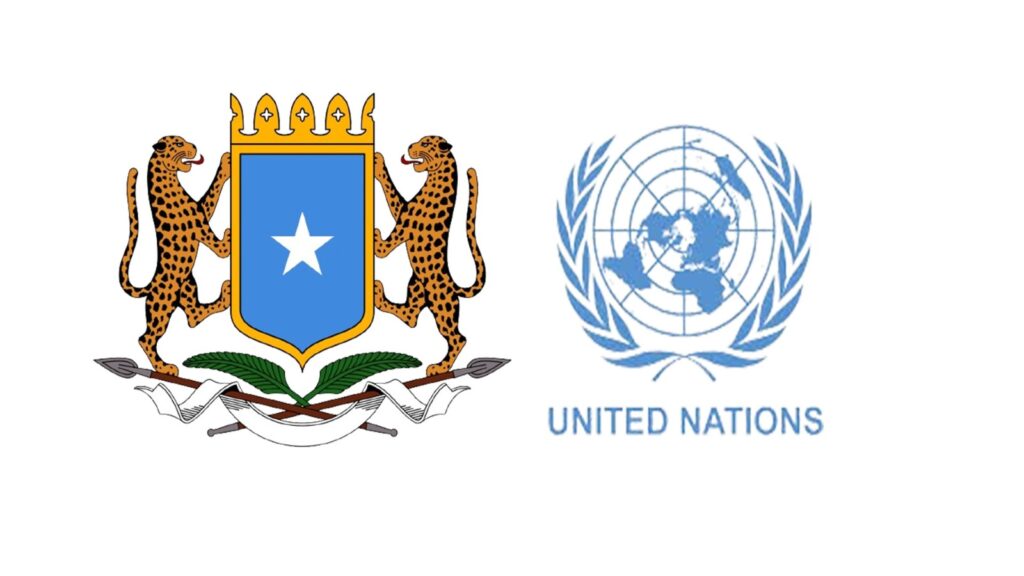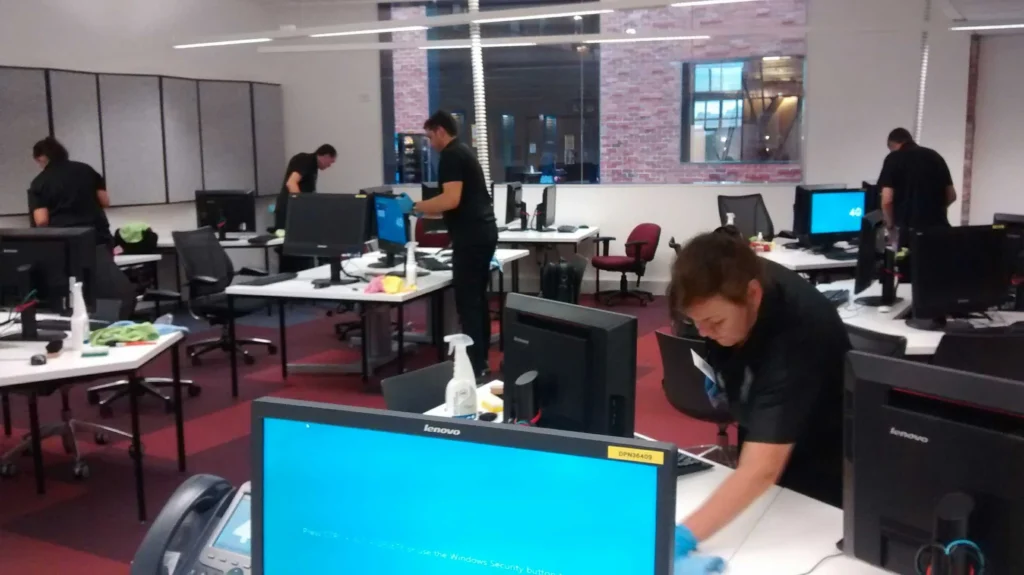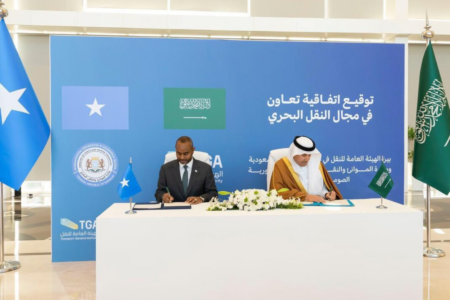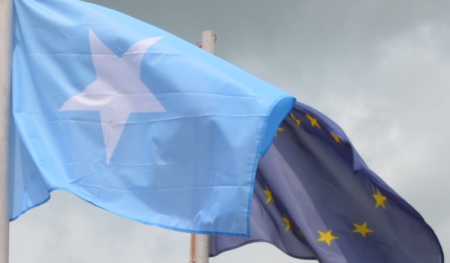UN enhances Somalia’s digitalization, UN has handed over ICT equipment to Somalia to enhance governance, transparency and digital services delivery. The initiative strengthens inter-ministrial coordination, improves data management and supports Somalia’s National ICT Policy. It also includes capacity-building programs for government staff, aiming to foster a sustainable digital ecosystem and advance Somalia’s journey toward efficient, technology-driven governance and development

STRENGTHENING SOMALIA’S DIGITAL GOVERNANCE
UN enhances Somalia’s digitalization, UN has handed over a large consignment of Information and Communication Technology (ICT) equipment to the Fedral Government of Somalia as part of its ongoing support to strengthen governance, transparency and service delivery. The handover, which took place in Mogadishu, symbolizes the UN’s commitment to acceleration Somalia’s digital information and rebuilding its public institutions through modern technology. The equipment includes servers, computers, network devices and video conferencing sytems designed to improve coordination among ministries and enhance data management capabilities.
Read also:
Officials from UN Assistance Mission in Somalia (UNSOM) and Ministry of Communication and Technology emphasized that the equipment will help the streamline government processes and facilitate the delivery of digital services to citizens. The initiative also supports Somalia’s National ICT Policy, which envisions a connected and transparent government capable of delivering efficient public services. By improving technological infrastructure, the project aims to reducebureaucratic delays, promote accountability and strengthen digital record-keeping across key ministries and public offices.

BOOSTING CAPACITY AND INTER-MINISTRIAL COODINATION
UN enhances Somalia’s digitalization, the ICT handover is not limited to physical tools but also includes technical training and institutional support for government staff. The UN plans to provide capacity building programs to ensure that public employees can effectively utilize the equipment to improve governance. These training sessions will focus on cybersecurity, digital data management and e-governance systems, critical components for Somalia’s modernization and integration into the global digital economy.
Furthermore, the project will enhance inter-ministrial communication, particularly among departments responsible for finance, planning and public administration. Improved connectivity and data-sharing systems are expected to make policy coordination more efficient and evidence-based. UN representative stressed that strong ICT foundation are crucial for success of Somalia’s ongoing reforms. Including decentralization, national planning and public sector transparency. By empowering Somali institutions with the tools and knowledge they need, the UN aims to ensure that governance becomes more citizen-oriented and technologically advanced.

In addition, the initiative is part of broader efforts under the UN’s Sustainable Development Cooperation Framework, which prioritizes digital inclusion and institutional resilience. The UN’s support is aligned with Somalia’s ambition to build a sustainable digital ecosystem that encourages innovation, attracts investment and improves public trust in state institutions.
PAVING THE WAY FOR A DIGITAL FUTURE
UN enhances Somalia’s digitalization, as Somalia continues its recovery from decades of conflict and instability, technology has emerged as a cornerstone of its rebuilding efforts. The introduction of modern ICT infrastructure is expected to accelerate national development and lay the groundwork for digital governance that meets global standards. The UN’s contribution will not only improve administrative efficiency but also enable Somalia to deliver digital services, such as online licensing, e-learning and electronic tax systems. These innovations are essential to foster economic growth, enhance security management and promote inclusivity in both urban and rural areas.

UN enhances Somalia’s digitalization, Somali officials praised the UN for its consistent partnership and pledged to ensure that the new ICT resources are used responsibly and effectively. The government is also developing a long-term strategy to maintain and expand its technological infrastructure, with a focus on sustainability and local capacity-building.
By embracing digital transformation, Somalia hopes to create a transparent, accountable and efficient public sector that can better respond to the needs of its citizens. The UN’s ICT handover thus marks a major step toward Somalia’s digital future, one that promises improved governance, better public services and stronger engagement between the government and its people.







